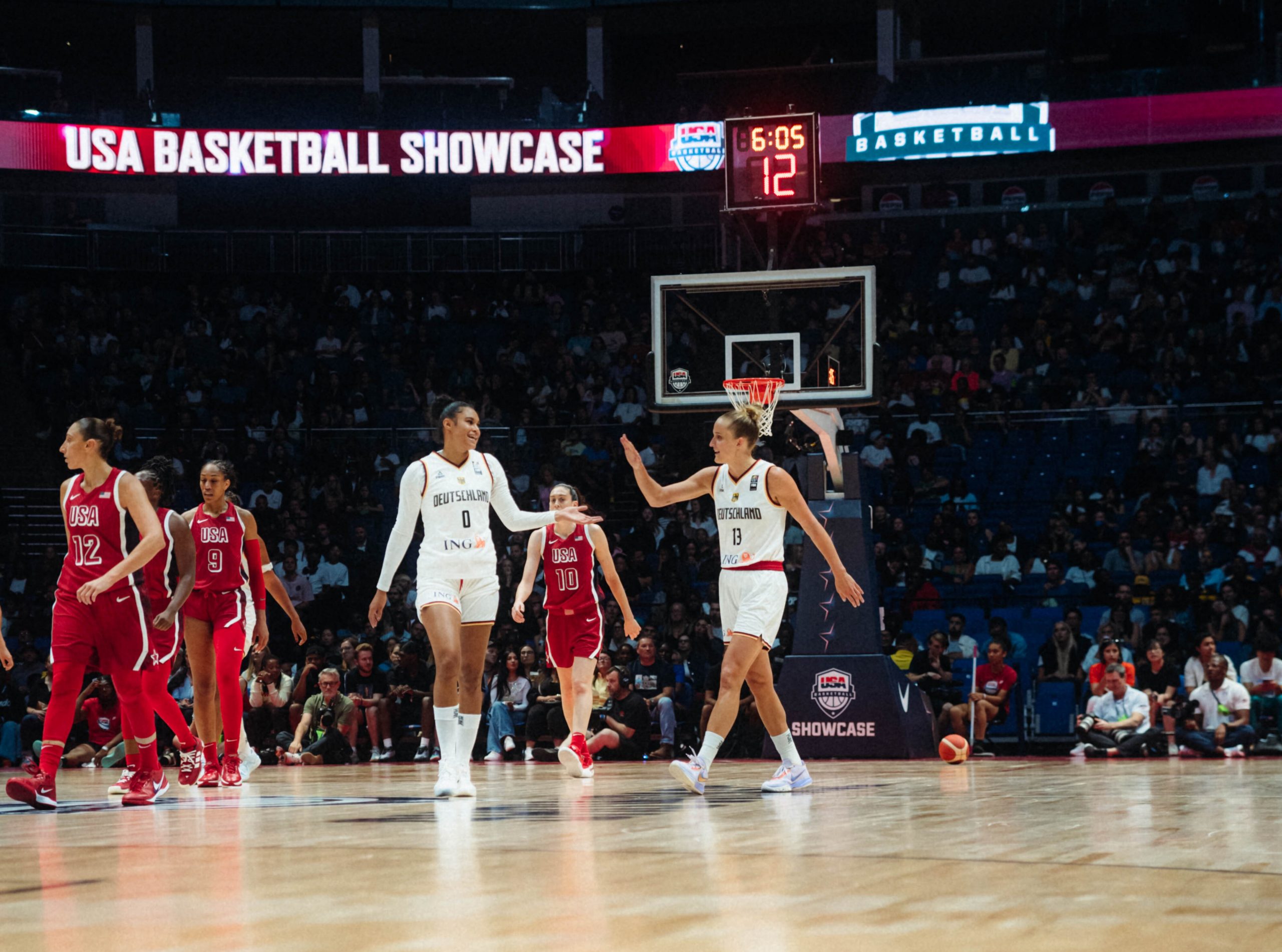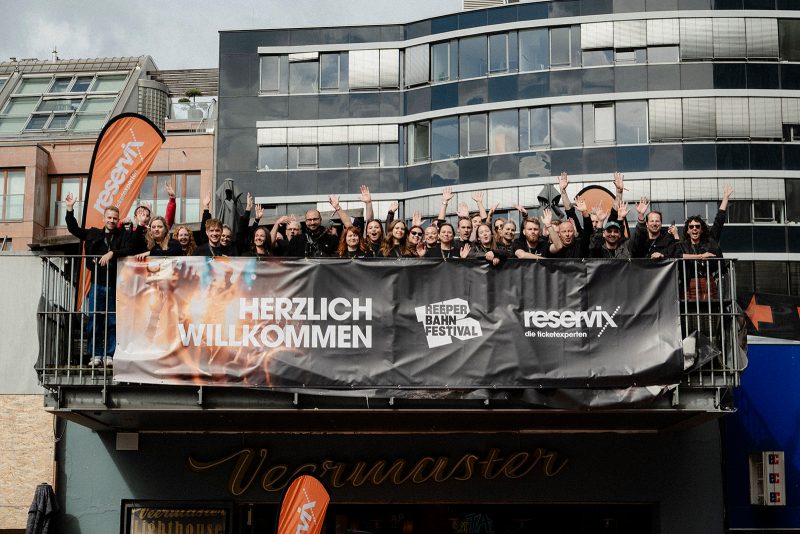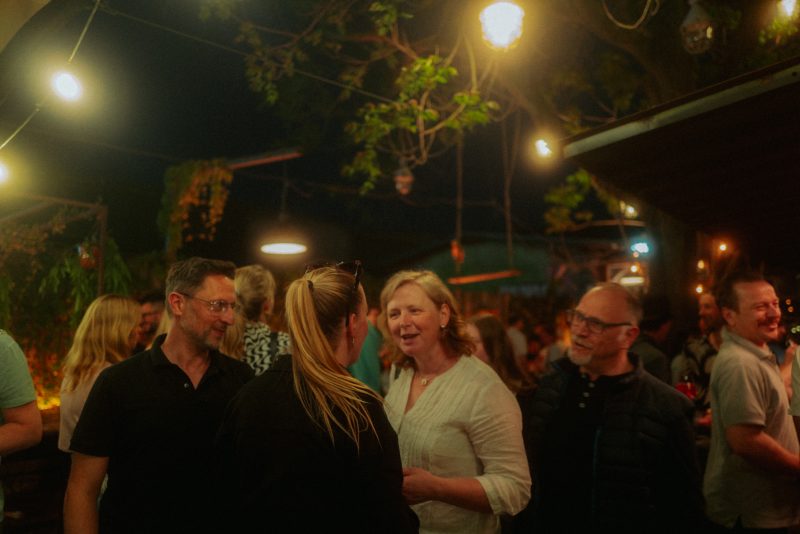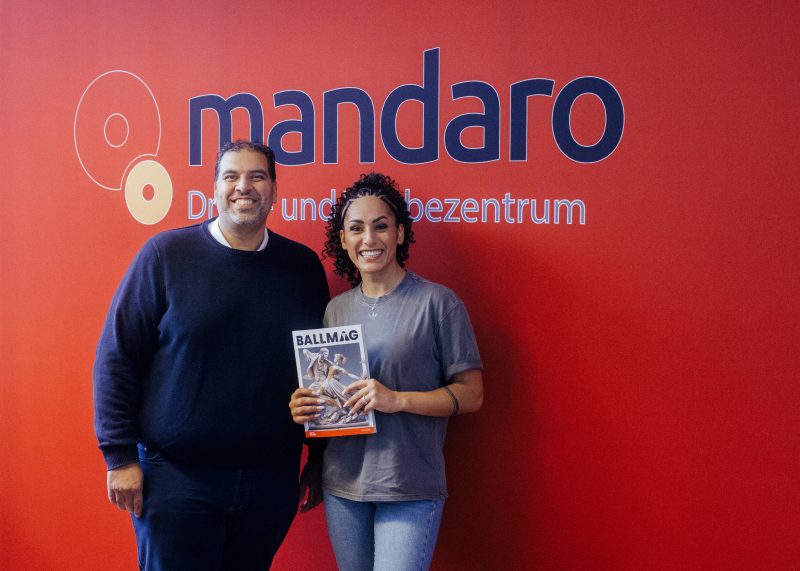In September 2026, Berlin will become the global center of women’s basketball: from September 4 to 13, the FIBA Women’s Basketball World Cup will take place in the German capital. Sixteen nations will compete in Berlin’s arenas – an event that goes far beyond sport, sending a powerful signal for visibility, diversity, and empowerment.
All the more significant is the new collaboration between the German Basketball Federation (DBB) and the HipHop Ball. Here, connections are formed through urban culture, united by shared values: innovation, diversity, solidarity, respect, and the vision of a new generation.
„We own the Game“ – Interview with Marius Behr, Marketing & Communication Manager, DBB
What was the decisive factor for you to enter into this partnership with the HipHop Ball?
“Basketball and hiphop have always shared the same spirit: energy, diversity, creativity, and the power to bring people together. For us, it was clear that a world championship like the FIBA Women’s Basketball World Cup 2026 in Berlin would be perfectly complemented by a partnership with the HipHop Ball. Both platforms stand for empowerment, visibility, and community – values we want to strongly communicate together.”
What parallels do you see between the 2026 World Cup and the philosophy of the HipHop Ball?
“Both celebrate individuality and community at the same time. The HipHop Ball thrives on expression, creativity, and boundary-pushing. With this World Cup, we want to showcase women’s basketball in all its strength, create new role models, and spark social change. Both platforms carry the same message: We own the Game – we shape our own stage.”
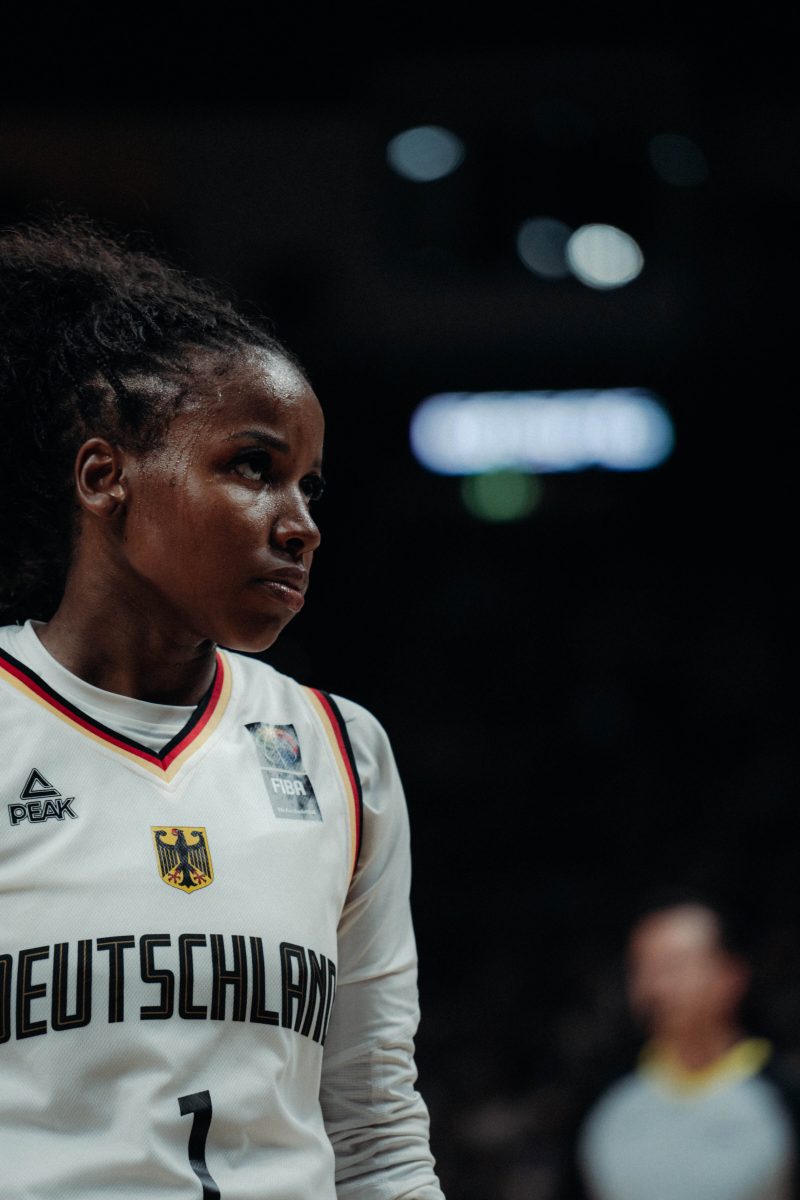
Social Impact, Economic Power: The Future of Women’s Basketball
Women’s basketball is experiencing a new golden era worldwide – and Berlin is at the heart of it. In the German capital alone, the number of active female players under 18 has nearly increased tenfold over the past twelve years: from 242 in 2012 to 2,389 in 2024. The number of teams in Berlin’s league system continues to grow steadily. This dynamic shows that more and more girls and young women are finding their way into basketball.
Internationally, the trend is just as clear: women’s basketball is captivating millions of fans around the globe, fueled by achievements such as Olympic gold in 3×3 basketball and strong showings at EuroBasket. Players are becoming role models for the next generation – and inspiring social change far beyond the court.
The message is clear: women’s basketball is not just a sport; it is empowerment, visibility, and shaping the future. That’s why it’s so important to support this movement – in society, in families, and in the minds of the next generation.
When athletes break records and make history, when artists raise their voices and create new narratives – it becomes clear that basketball and hiphop have more in common than one might think. Both stand for courage, expression, empowerment, and community.
“It’s like at a world championship,” says Marius Behr. “Two worlds meet that might not seem to fit together. But when you open up, something new emerges – in the classroom, in the ballroom, on the court.”
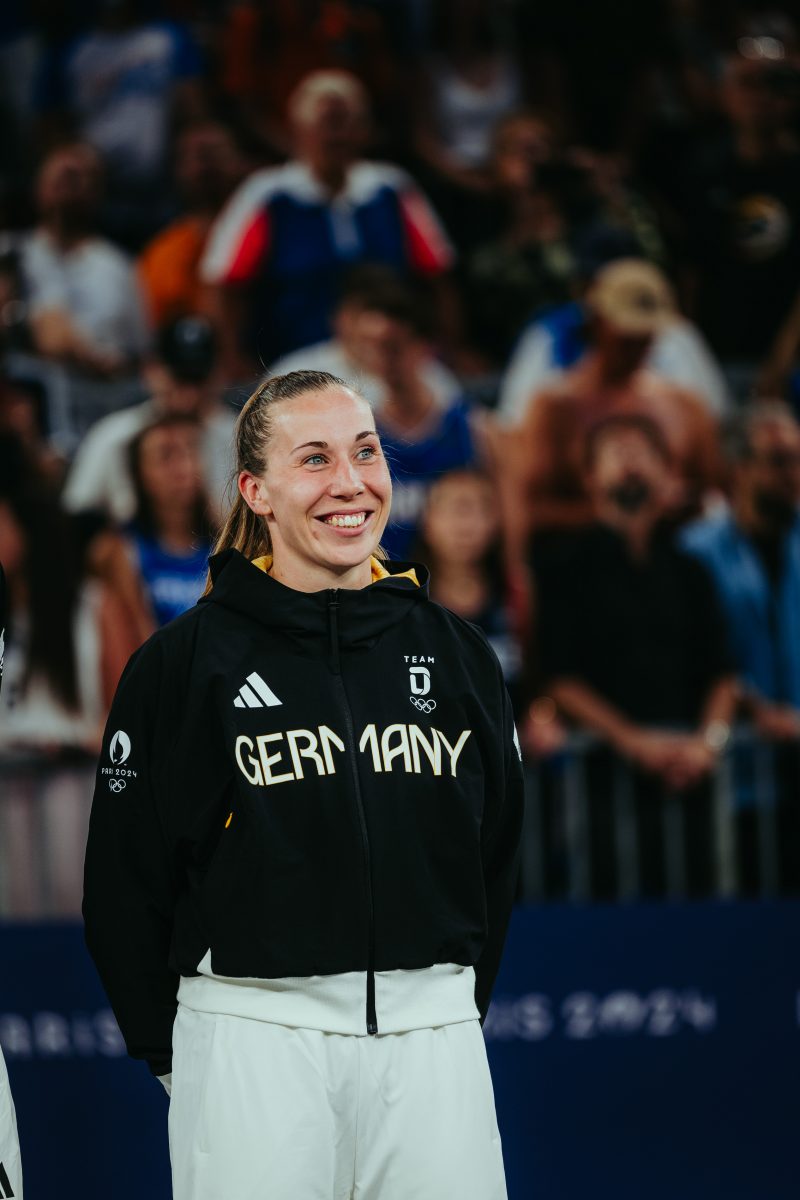
The partnership between women’s basketball and urban culture is more than a collaboration – it’s a promise: that diversity will not remain on the sidelines but shine at the center of our society. That institutions will open up to voices long unheard. That sport and culture together will build bridges – between generations, between communities, between worlds of experience.
The message is clear and powerful: the future belongs to those who live diversity and create spaces where every voice counts.
“My wish is that the home Women’s Basketball World Cup in Berlin will not only be a sporting highlight, but also a lasting impulse – for more enthusiasm, more movement, and more togetherness through sport. And for that, Berlin is the perfect place. Berlin is a city where sport has the power to unite – across social, cultural, and athletic boundaries.”
– Marius Behr
